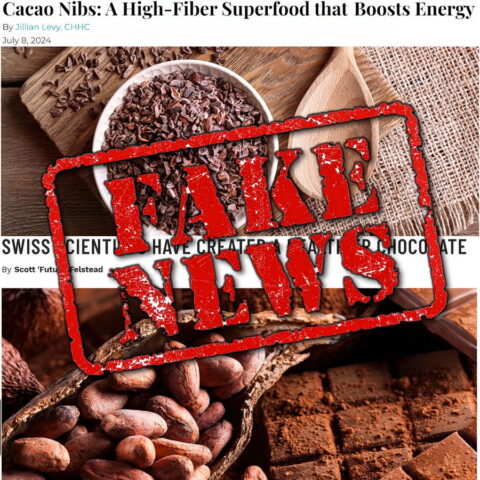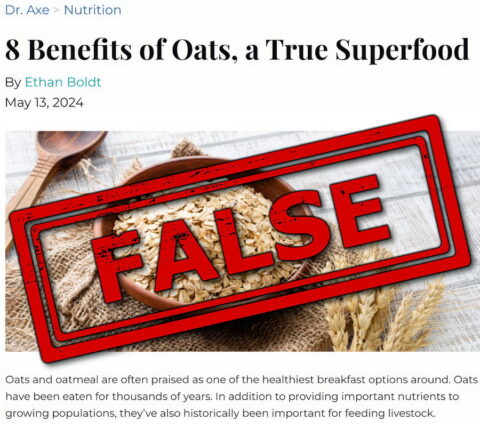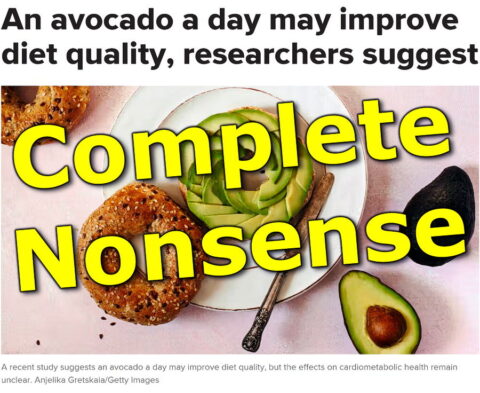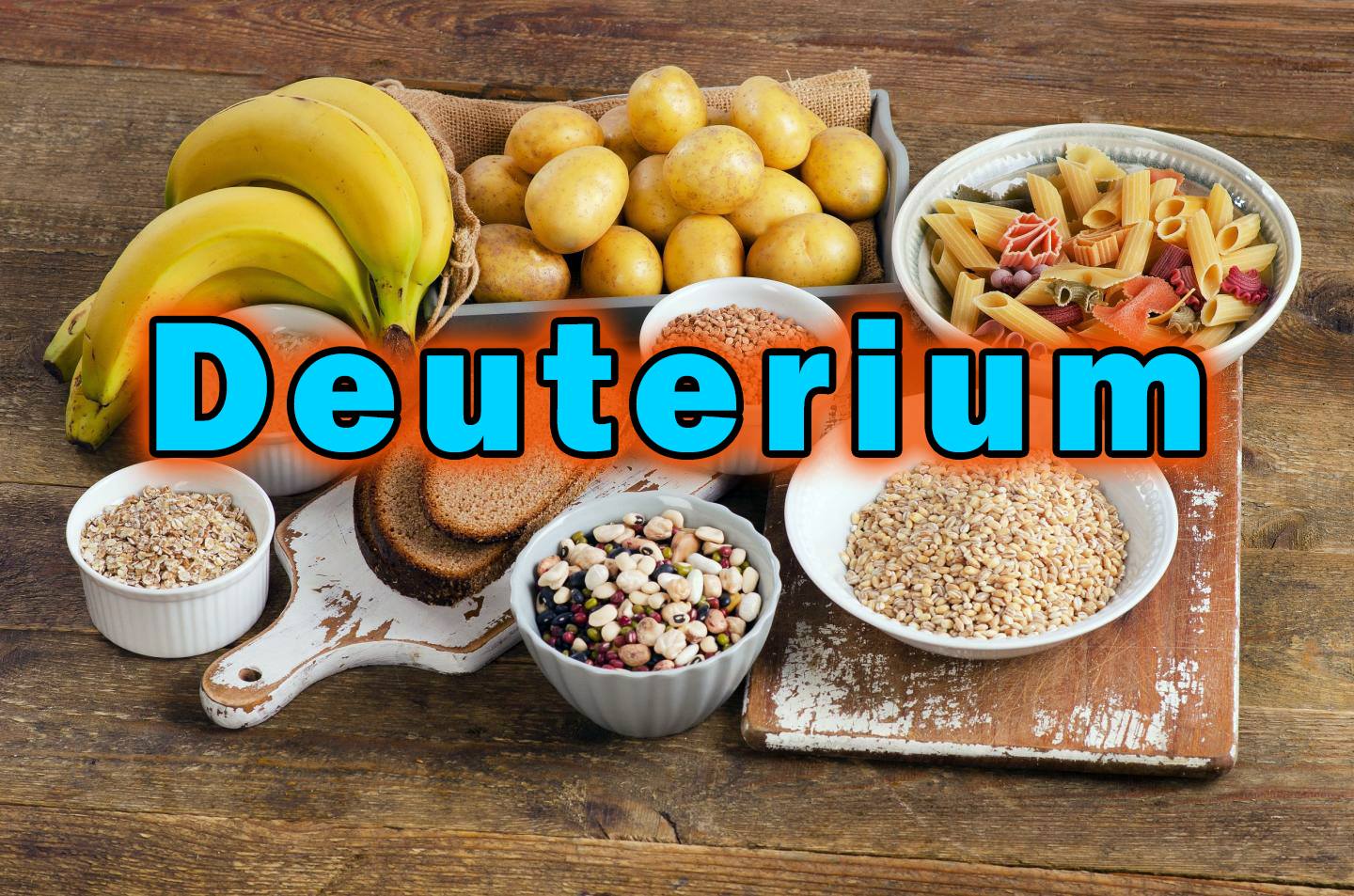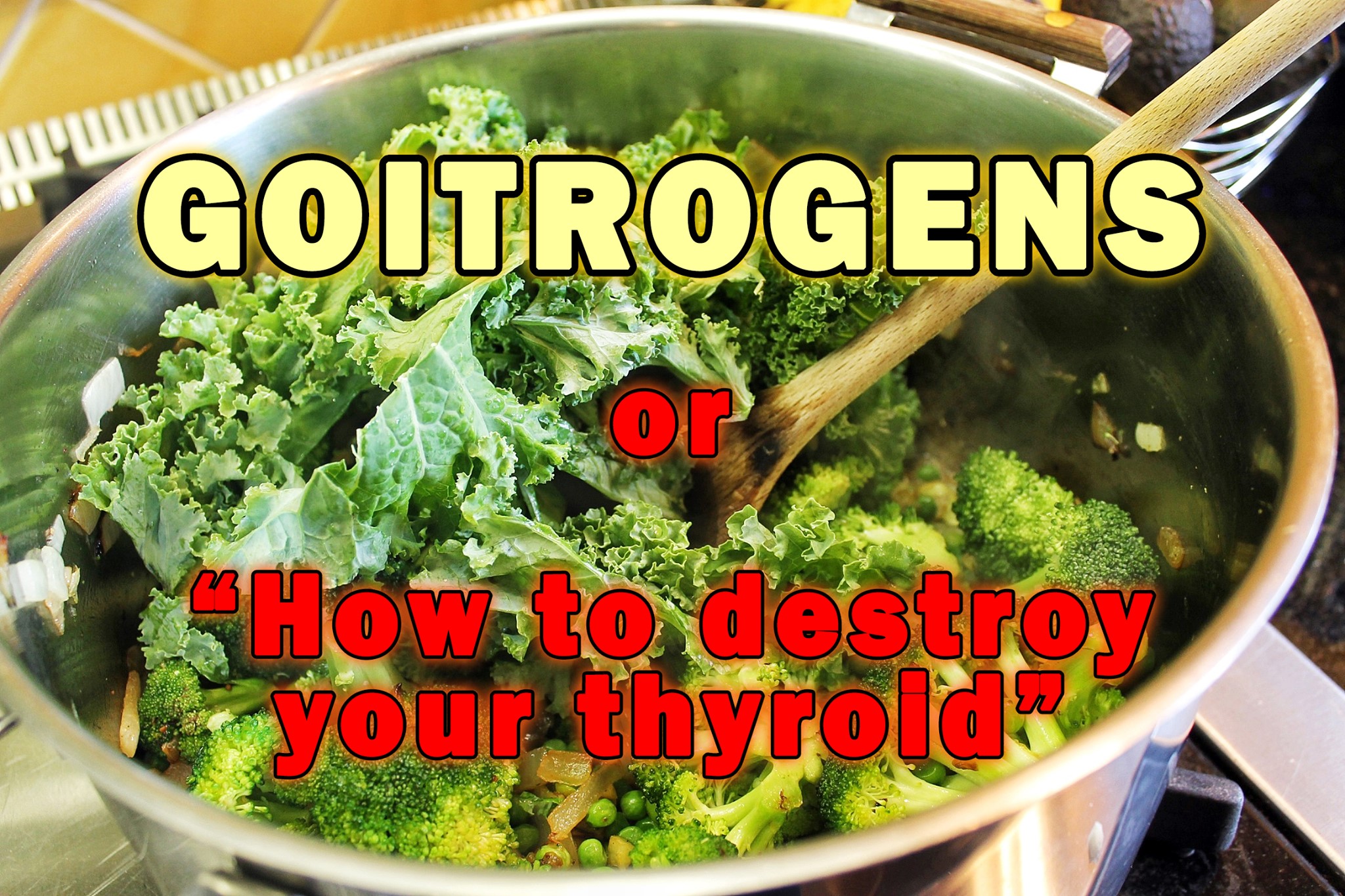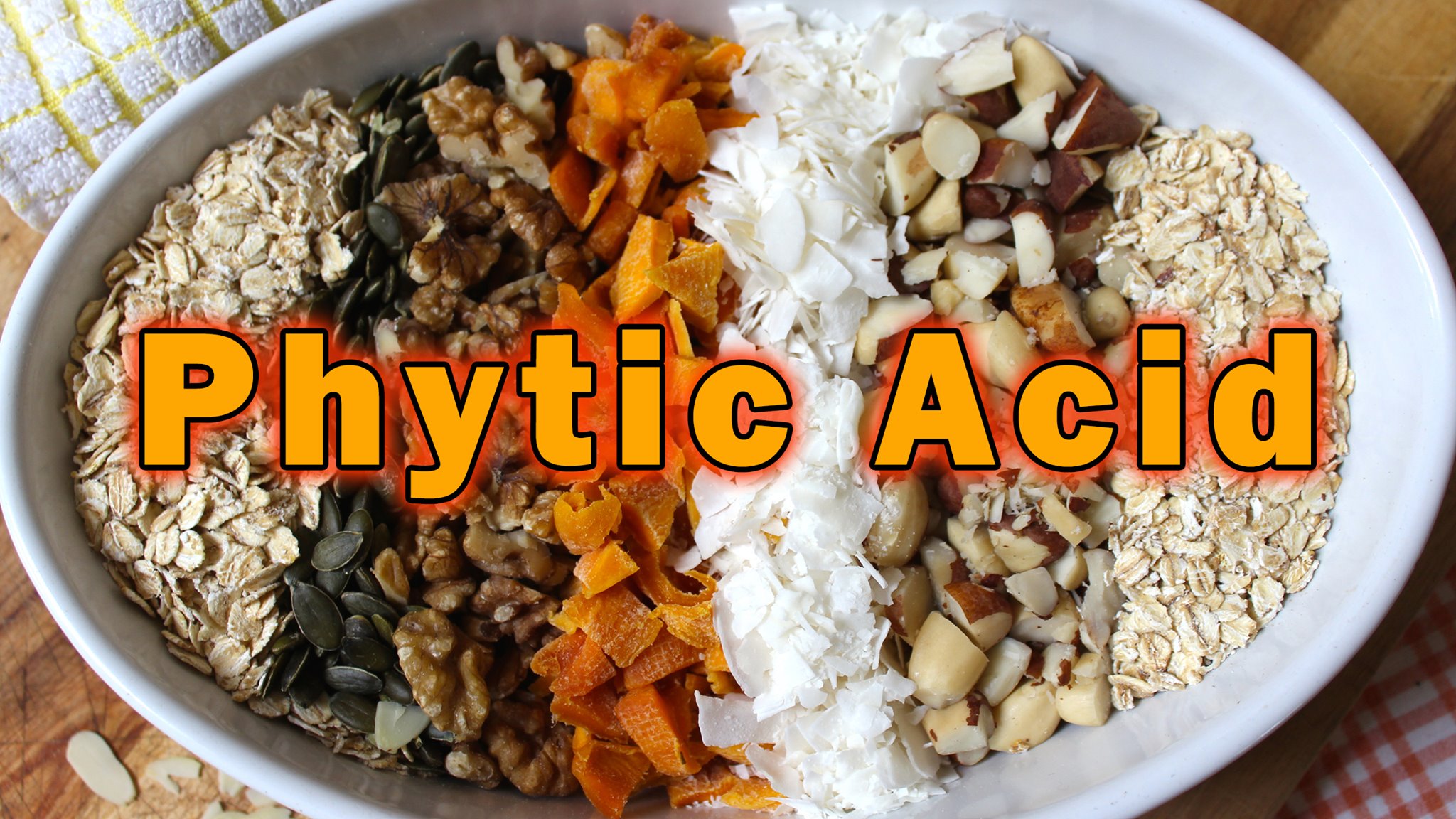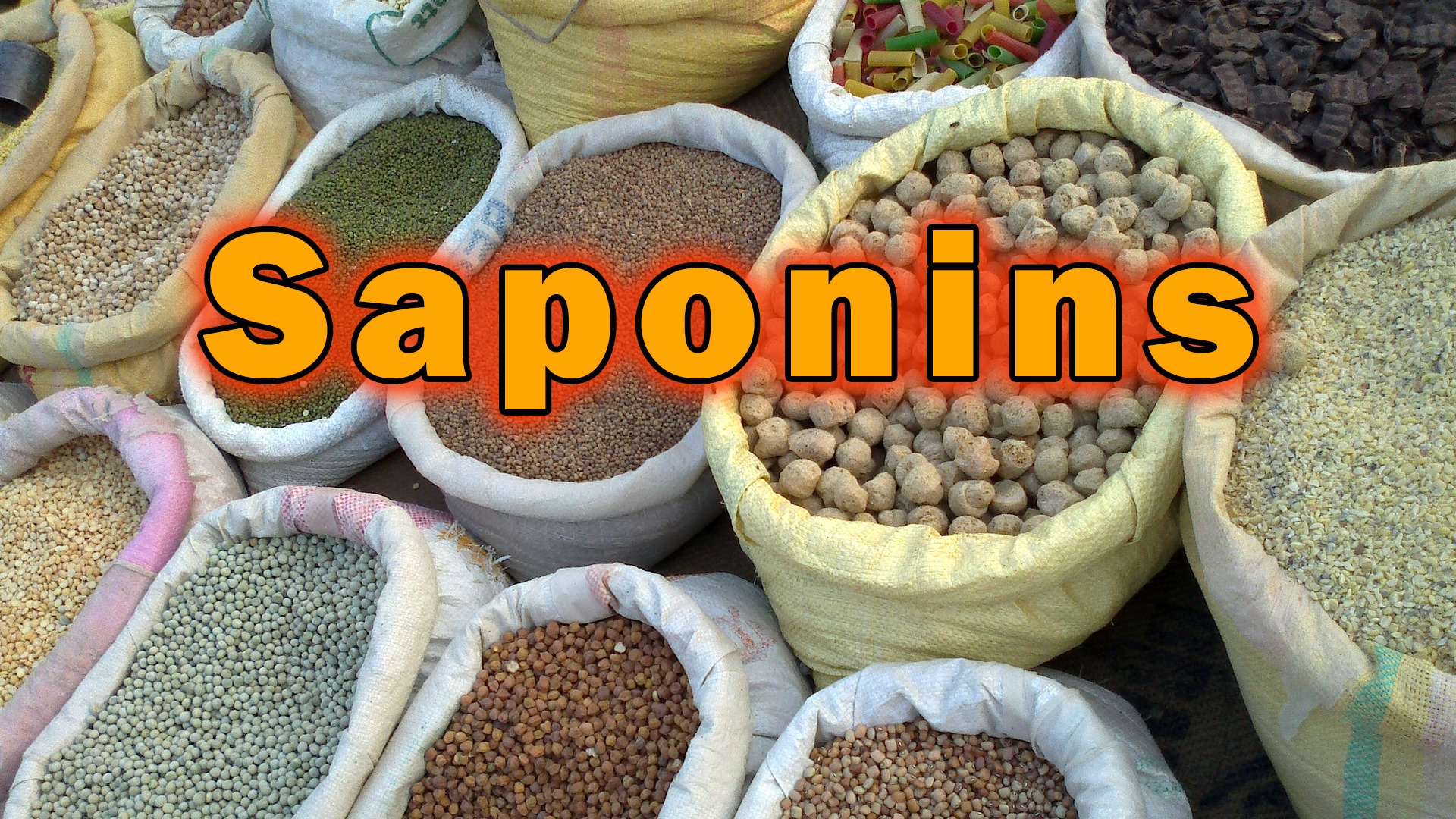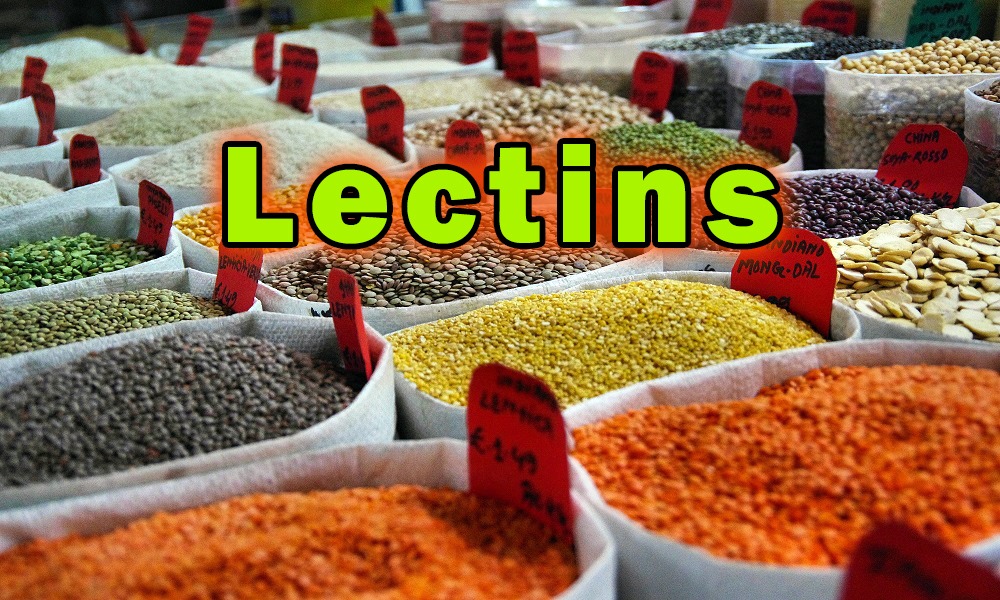The Push For Highly Toxic Cacao and Chocolate (And The Deadly Plant-Based Agenda)
Everything that the elites and the industry want to condition you with comes and goes in cycles — and it gets repeated over and over again with a few years apart. Usually the topic returns after they’ve run a fake study they funded, or by the “news” of a start-up company that they also funded themselves, a company that is doing “something different.” It’s all part of the same agenda though; that of keeping […]
